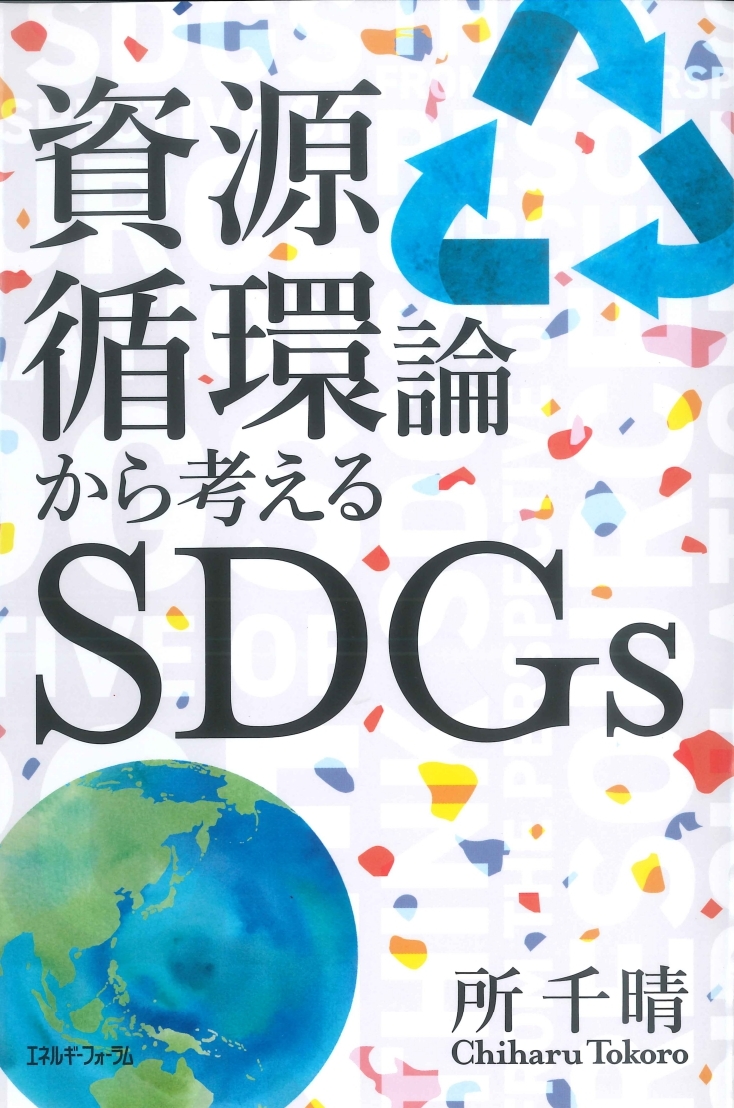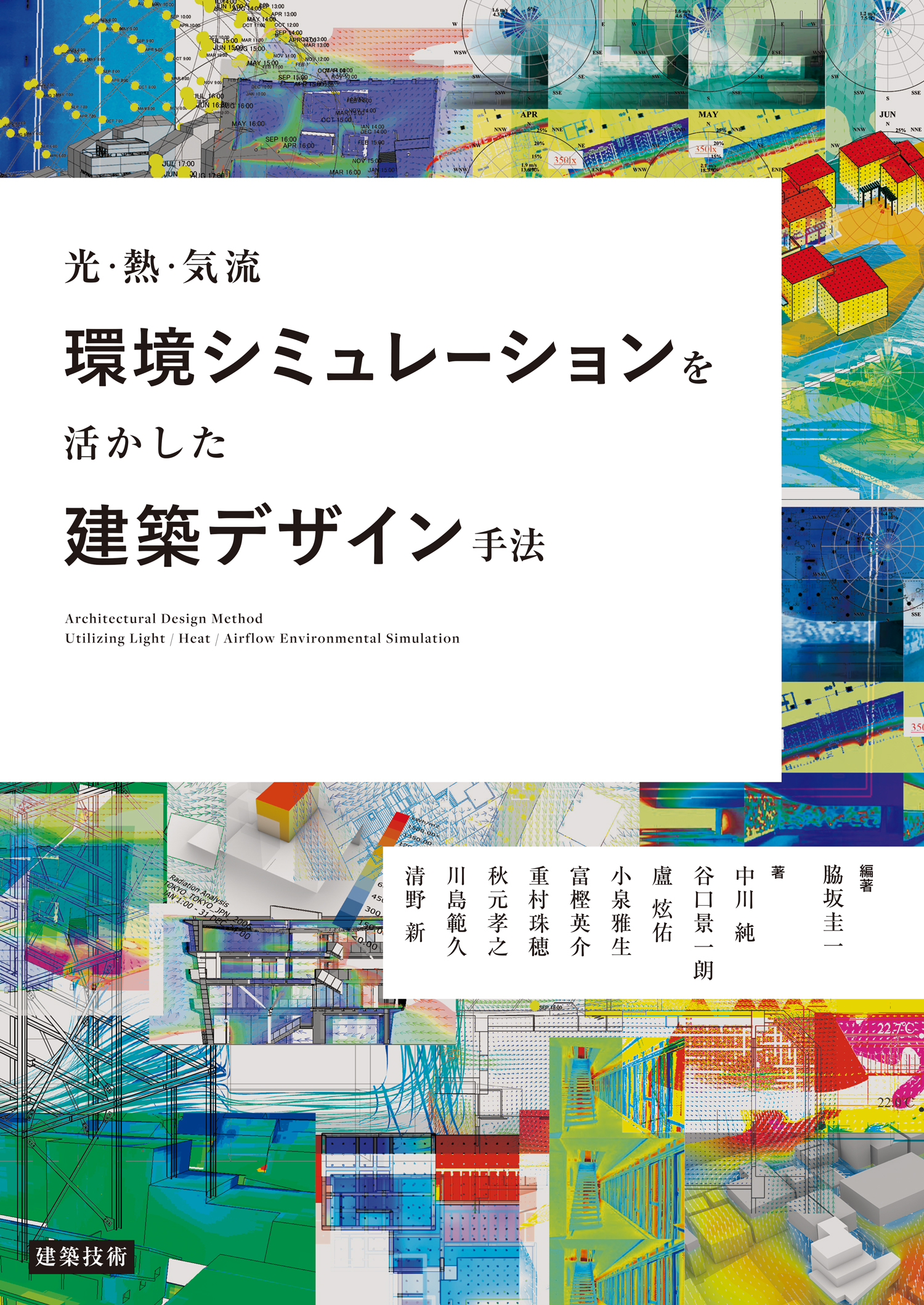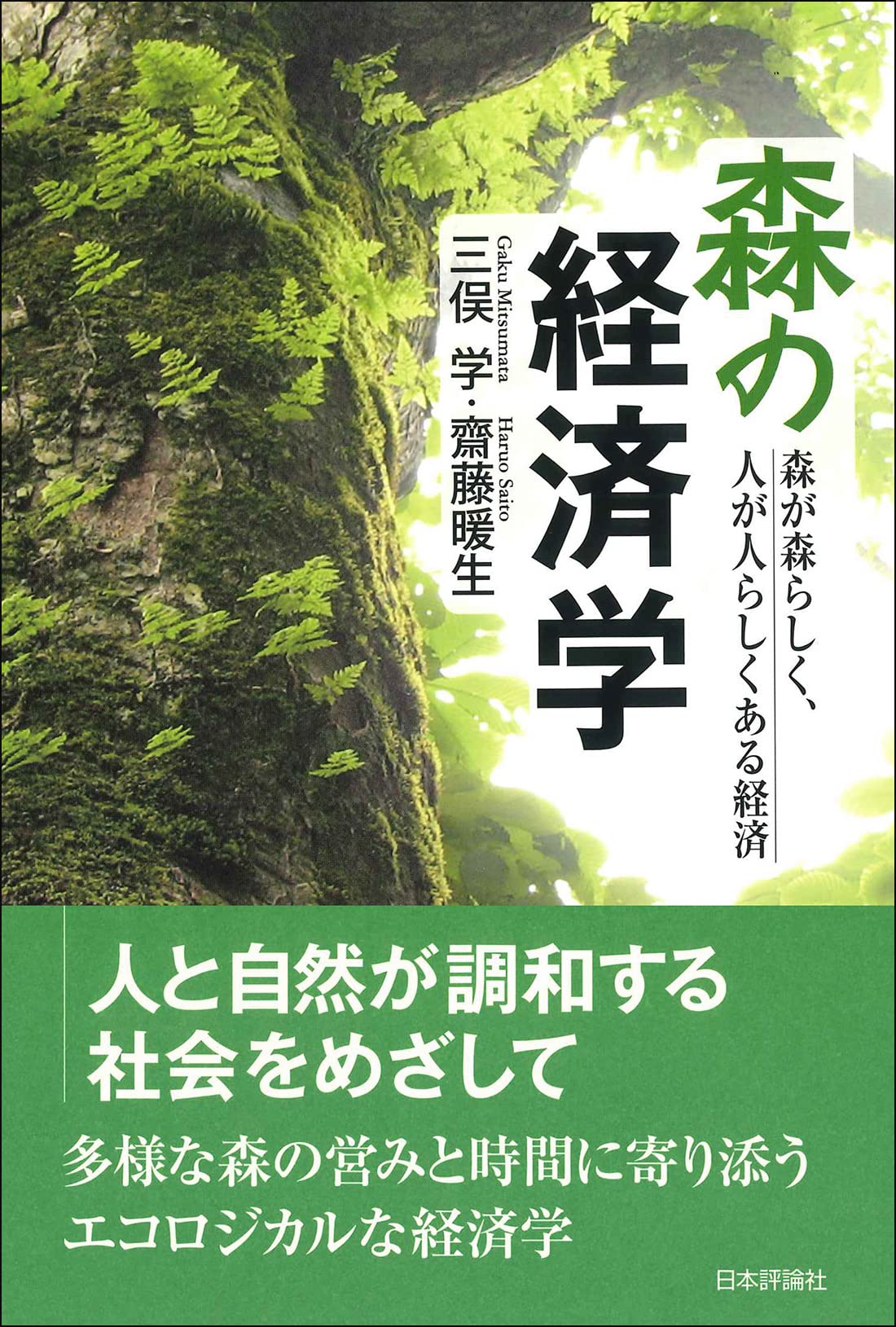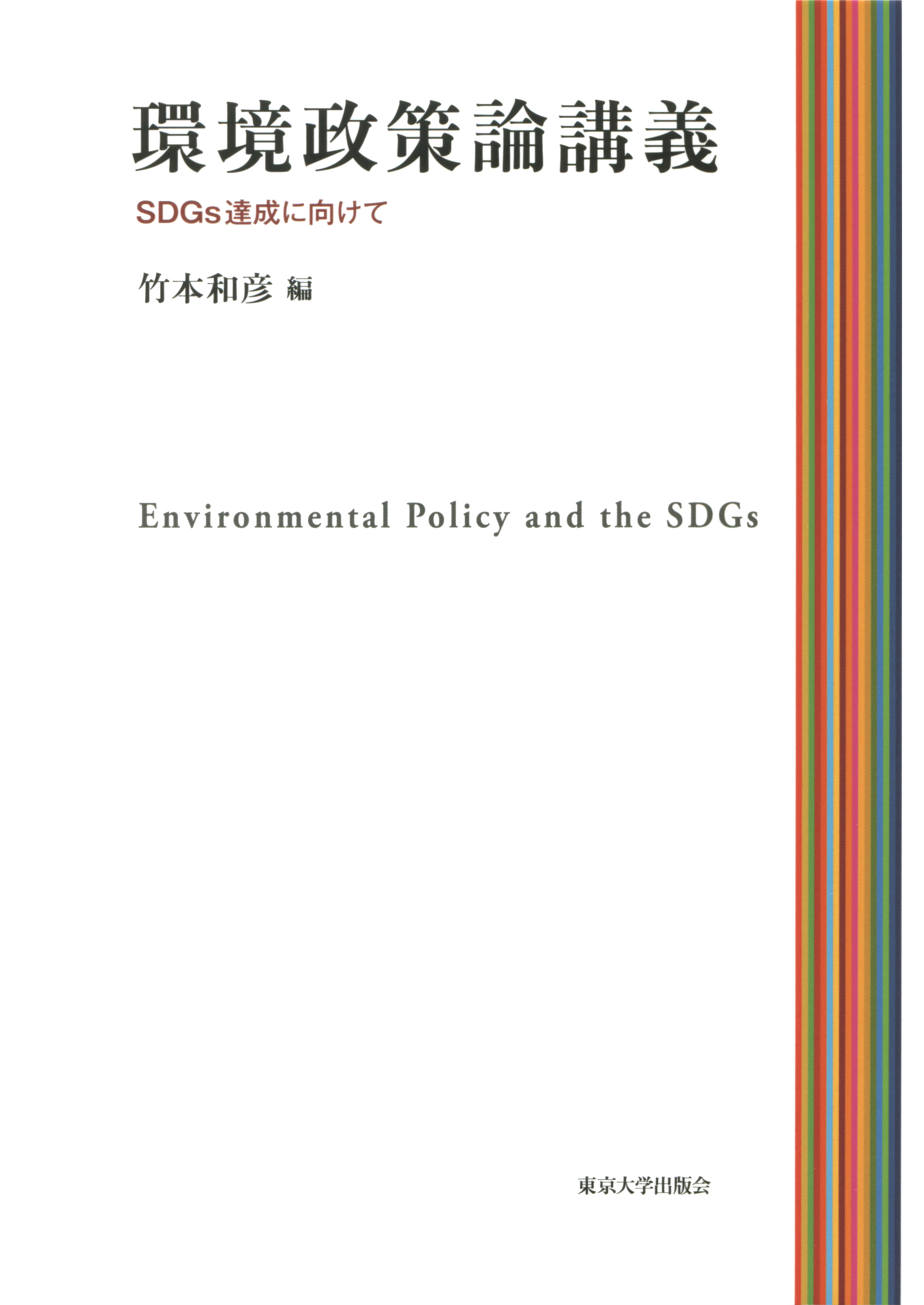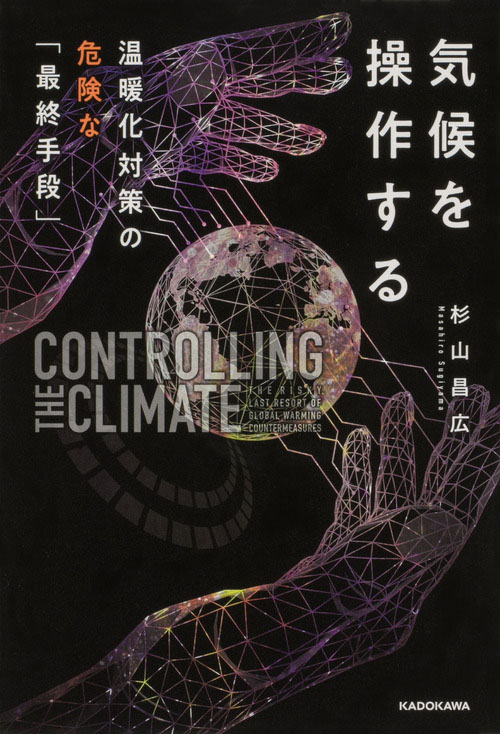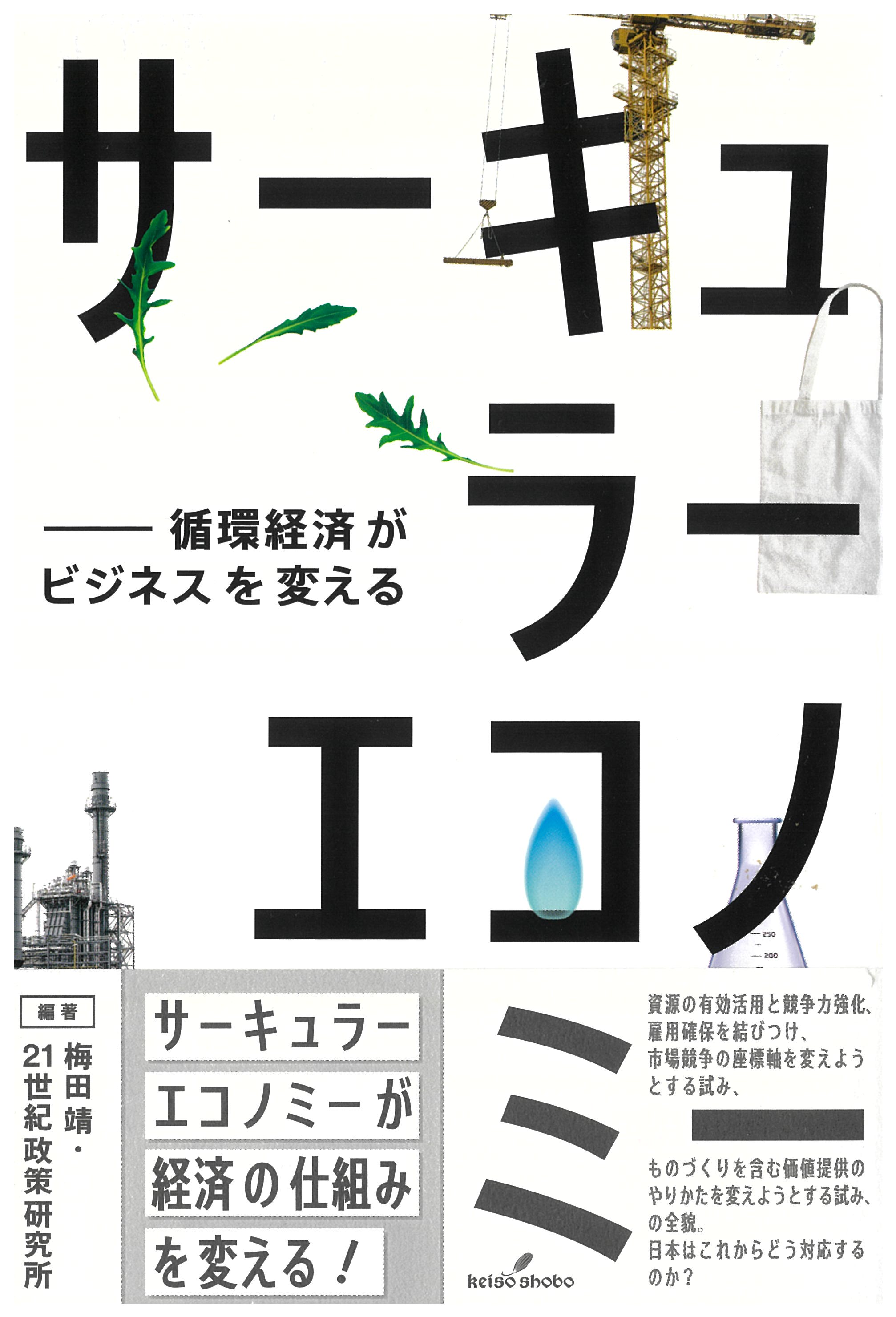
Title
Circular Economy (The Circular Economy Will Change Business)
Size
208 pages, 127x188mm
Language
Japanese
Released
January, 2021
ISBN
978-4-326-55085-2
Published by
Keiso Shobo
Book Info
See Book Availability at Library
Japanese Page
This volume examines the European Union’s (EU) policy of a “circular economy (CE),” which went into effect in 2015. Although this book examines CE policy, the topic of a circular economy is deeply related to environmental and sustainability issues, economics, technology, monozukuri (manufacturing), good value propositions, and digital strategy. Therefore, I believe both liberal arts and science students would benefit from the information presented in this book.
A circular economy advocates for a shift away from the present linear economy, which is associated with the production, use, and disposal of resources, and toward an economy based on the circular use of non-renewable and renewable resources such as plants. The aim of this shift is to prevent resource depletion as well as environmental damage caused by resource extraction, consumption, and disposal in order to create a sustainable society. When first introduced to this concept, people in Japan are likely to believe that the idea is to create a recycling-oriented society with a focus on the three Rs (reduce, reuse, recycle). However, a circular economy goes further and forms a comprehensive economic policy aimed at securing jobs and improving industrial competitiveness in Europe, adding a new dimension of the EU’s Circular Economy Action Plan to 3R. This volume is groundbreaking because it demonstrates that the circular economy is more than just recycling and the 3 Rs; it is also about corporate competitiveness, changing monozukuri (manufacturing) practices, and value provision. In fact, as part of its circular economy policy, the EU has implemented a number of measures to regulate how products are designed, manufacturers provide information to users, and recycling is carried out. The EU also suggests that people share and subscribe to various services such as car sharing and music subscription rather than engage in mass production and sales.
In contrast to the current situation in Japan, where the Japanese government and companies are barely keeping up with global trends (e.g., Japan often receives “Fossil of the Day” awards at COP meetings that discuss climate change), it is common practice for the EU to impose stringent regulations ahead of other nations. As a result, the EU takes advantagesfor not only actively promoting sustainability but also their industry. This book delves deeper into the surrounding circumstances and provides rich content that discusses an array of issues such as plastic recycling, digital strategies, and future monozukuri (manufacturing) technologies. This volume also includes field surveys of European companies, as well as interviews with Japanese companies about how they perceive the concept of a “circular economy.”
It should be noted that for a book discussing the circular economy, this volume was published relatively early, with its authors coming from diverse backgrounds and having expertise in and across various disciplines such as resource circulation, digital technologies, and media studies. The book emerged from extensive discussions at the 21st Century Public Policy Institute. Although the volume was published in 2021, its contents remain relevant.
(Written by UMEDA Yasushi, Professor, School of Engineering / 2023)



 Find a book
Find a book


